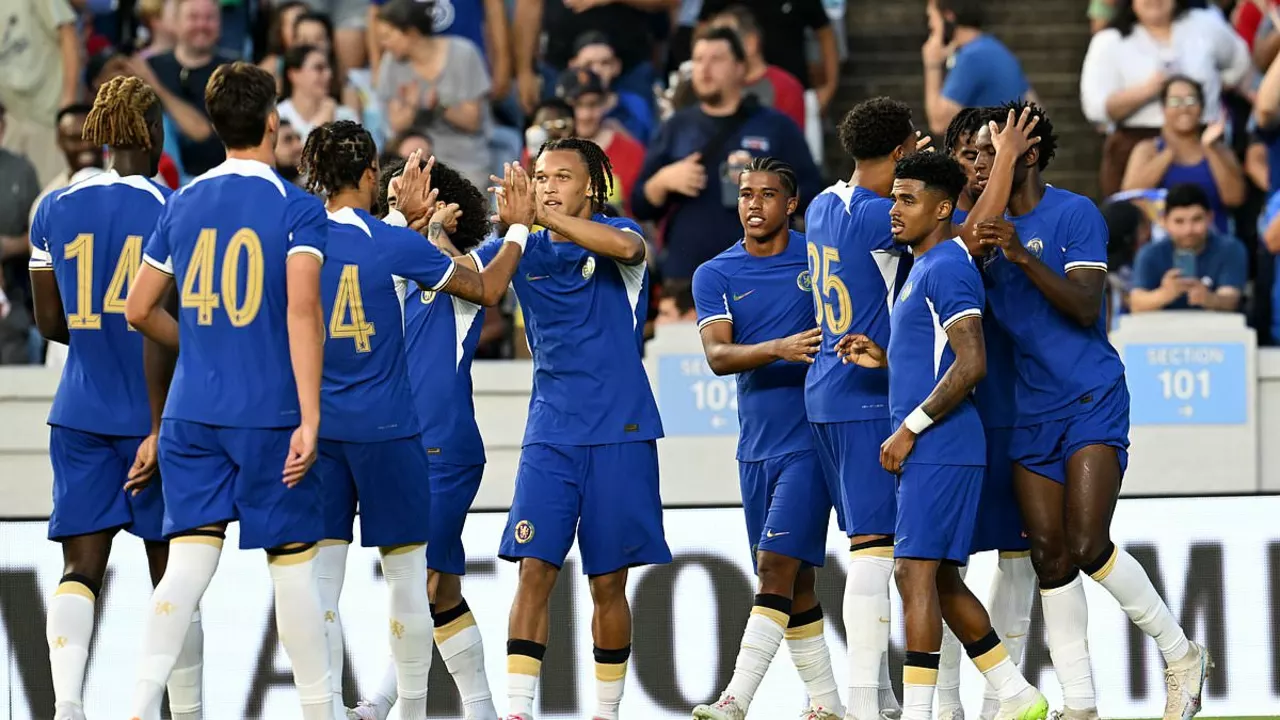
Why European Football Leagues Play in Winter – A Sports and Recreation Look
Ever wondered why top‑flight football keeps kicking when snow falls? You’re not alone. The answer blends history, calendar design, player health, and the chance to draw huge crowds during the festive buzz.
First off, football’s roots run deep in Europe. The sport grew alongside school terms and local holidays, so the calendar naturally settled around a fall‑to‑spring rhythm. Changing that would mean reshuffling years of tradition, something leagues are reluctant to do.
Winter Scheduling Basics
European calendars are built around multiple competitions: domestic leagues, national cups, and continental tournaments like the Champions League. Putting everything into a single summer block would squeeze the season into an unrealistic time frame. By stretching into winter, leagues give each competition room to breathe.
Cooler weather also helps players. High summer temperatures can sap stamina and raise injury risk, especially in southern countries. A 10‑degree drop makes running for 90 minutes feel less brutal, keeping the quality of play higher for fans.
What the Holiday Fixture Means for Fans
The holiday period—Christmas and New Year—is a golden ticket for clubs. Families are home, offices are quiet, and TV screens flick on for extra matches. Those games often pull record‑breaking TV numbers and stadium turnouts, boosting revenue across the board.
For supporters, the festive fixtures are more than just games. They become social events, a chance to gather around a fire, cheer on the local team, and share a bit of togetherness. That atmosphere fuels the sport’s cultural relevance every winter.
Beyond the fan buzz, winter fixtures give clubs flexibility to handle weather delays. If a heavy snowstorm forces a postponement, there’s still room later in the season to reschedule without rattling the whole calendar.
In short, the winter schedule is a carefully balanced mix of tradition, player welfare, and commercial savvy. It lets leagues run smoothly, keeps the fans engaged, and ensures the beautiful game stays beautiful even when temperatures dip.
So the next time you see a match in a blanket of snow, remember it’s not random. It’s a plan that’s been honed over decades to give you the best football experience possible during the chilliest months.
-
5 Dec

-
2 Dec

France Escort Services: Affordable Options and Flexible Packages in 2025
France's escort services offer affordable, flexible companionship options with transparent pricing and professional boundaries. Discover how real people use these services for conversation, travel, and emotional support-not just sex. -
23 Jul

Why do European Football Leagues play in the winter?
As a fan, I've always wondered why European football leagues play in winter. Turns out, it's largely due to tradition and the structure of the football calendar, which is designed to accommodate both domestic and international competitions. The winter months also provide a more favorable climate for players, as the cooler temperatures are less physically demanding. Additionally, the festive period around Christmas and New Year provides a great opportunity for fixtures, with games attracting large audiences. So, it's a blend of historical scheduling, player welfare, and maximizing audience engagement that keeps our favorite teams battling it out in the cold!


